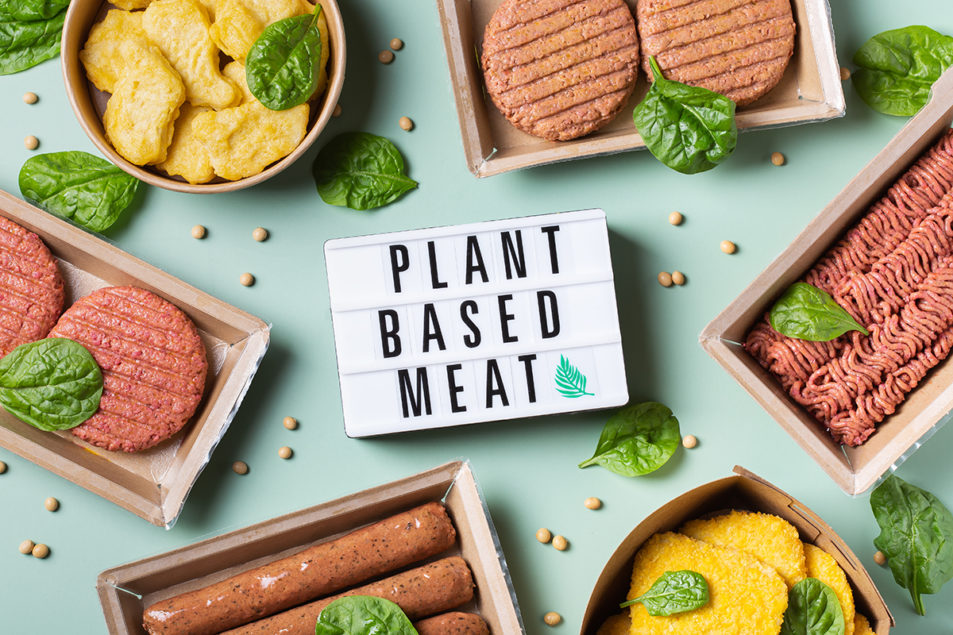
LONDON — Food and beverages products that blend nutritional support and environmental benefits are trending. Market researcher GlobalData identified how manufacturers are tapping into the demand through a variety of formats, including plant-based offerings and alternative dairy proteins.
“We are witnessing a shift in our approach to food and health by embracing alternative, sustainable food sources,” said Kiran Raj, practice head of disruptive tech for GlobalData. “The growth in plant-based proteins and nutrient-rich, microencapsulated foods is not just a response to consumer health consciousness but also a significant step toward addressing the global challenges of resource management and dietary sustainability.
“These developments reflect a deepening understanding of the interconnectedness of our dietary choices, health and the environment to set a new standard for what it means to eat healthy and sustainably.”
Within the plant-based market, producers are focused on creating alternatives that mimic animal-based foods while ensuring environmental stewardship, said Raj. Data from 84.51°, a part of The Kroger Co., found center-plate offerings that emulate their conventional counterparts are particularly appealing to consumers ages 55 through 64. Meanwhile, younger consumer groups are increasingly interested in formats that are innovative and not strictly limited to meat analogues.
Shannon Weis, lead insights consultant for 84.51°, echoed the importance of health benefits in the plant-based category. As consumers remain concerned about overly processed plant-based products and high levels of sodium, she noted that clean label foods continue to see growing demand. Products that include callouts for additional nutritional value, such as “good source of calcium,” or wellness claims like “heart healthy” are likely to resonate with consumers.
“Through our research, we consistently find that health is the No. 1 reason why consumers are purchasing and consuming plant-based foods, for self and for the environment,” Weis said. “Consumers want healthy, simple products that taste good.”
Manufacturers in the alternative dairy protein sector are using a variety of precision fermentation solutions to capitalize on the sustainable nutrition trend. Examples include Imagindairy, a food technology startup utilizing microorganisms to develop animal-free milk proteins, which is set to triple its production capacity over the next year or two; Perfect Day, the recipient of $90 million in pre-series E financing for its dairy proteins produced from microflora; and Vivici BV, a Netherlands-based company that is launching its beta-lactoglobulin whey protein this year.
“Dairy protein compositions are evolving to meet diverse dietary needs without compromising on sustainability, catering to a variety of health and nutritional requirements,” Raj said.
While sustainable nutrition is gaining momentum, Raj explained that it will be necessary to overcome barriers from cultural resistance, economic constraints and scaling challenges to increase widespread adoption.
“By embracing such innovative food solutions, we are not only addressing immediate dietary needs but are also laying the foundation for a resilient, health-focused, and environmentally conscious future,” he said.
